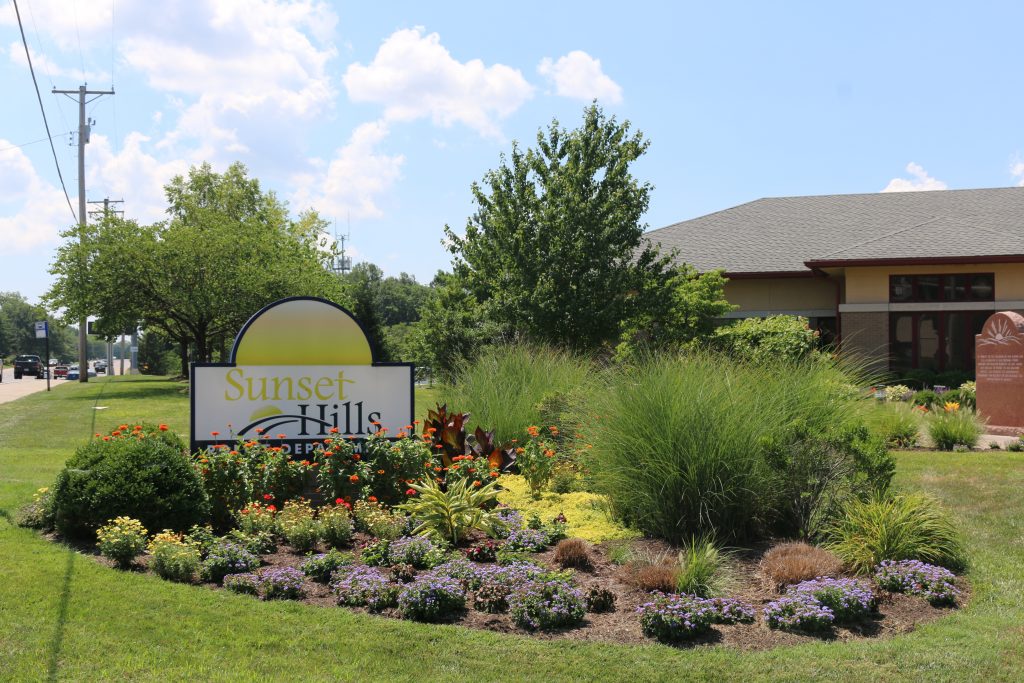Tensions were high at the Oct. 10 Sunset Hills Board of Aldermen meeting as a petition for a text amendment to amend the text of the Sunset Hills Unified Development Ordinance to create a new multi-family zoning district was discussed.
Before the board first was Rob Golterman, the attorney representing the applicant, Steve Maurer. He explained that Maurer owns two lots along Gravois Road that are zoned as R-1, which “has clearly become an outdated and inappropriate zoning designation for these parcels.”
Maurer is seeking to rezone his R-1 properties – located at 12354 and 12360 Gravois Road – to PD-TH Planned Development-Townhomes. This change would allow him to redevelop the current two single-family homes into “6 separate buildings on one parcel with a total of 14 individual units” according to the planning staffs’ report.
In order to do this, however, a text amendment to Appendix A of the city’s zoning code is required as none of the zoning districts currently permit the multi-family development proposed by the applicant.
“Currently the UDO, which was adopted a little more than a year ago, contains no zoning district that will allow townhomes or multifamily type housing products. In addition, the UDO contains no pathway for new residential planned development districts that would allow for townhomes and multifamily housing products. In short, the city’s current land use laws have eliminated a very desirable and increasingly popular housing option for residents and prospective residents in a city with aging housing, and an aging population,” Golterman said.
Golterman added that the laws appear to be at odds with the city’s comprehensive plan, stating that the city should encourage a breadth of housing products. He went on to say that when the UDO was adopted in September of 2022, new planned development districts for residential – like the recently approved Gates Manor – were still an option.
“Just a few months after approving the Gates Manor requests, and after Mr. Maurer had presented his concept plan, the Board of Aldermen inexplicably passed an ordinance amending Appendix A by adding a new section, A 1.0, that the city now interprets as prohibiting any new planned development residential districts, in effect, taking away development options for new residential projects in the city,” Golterman said.
Dozens of residents of Kennerly Manor, the neighborhood adjacent to the proposed development, attended the meeting to show their opposition to a change in zoning.
“I appreciate your predicament of owning a property that only a fool would build a luxury home on, but I don’t consider it the neighborhood’s fault or the city’s fault that you own a bad property,” one resident said.
“The UDO expressly does not allow changes to the UDO. In spite of this clear prohibition, if you agree to amend the UDO, that action could create further prohibited requests with unpredictable consequences. The city has spent a material amount of time and funds to create the comprehensive plan … It was good work. The city should stick to the guidance it has created,” another resident added. “If he wants to redevelop, he should do so under current zoning. That’s not the mission of ordinances, to enhance returns for a developer and property. If zoning can be changed at the drop of a hat then there is no zoning, only invitations to meetings.”
The Board of Aldermen was set to review the petition again at its Nov. 14 meeting.



